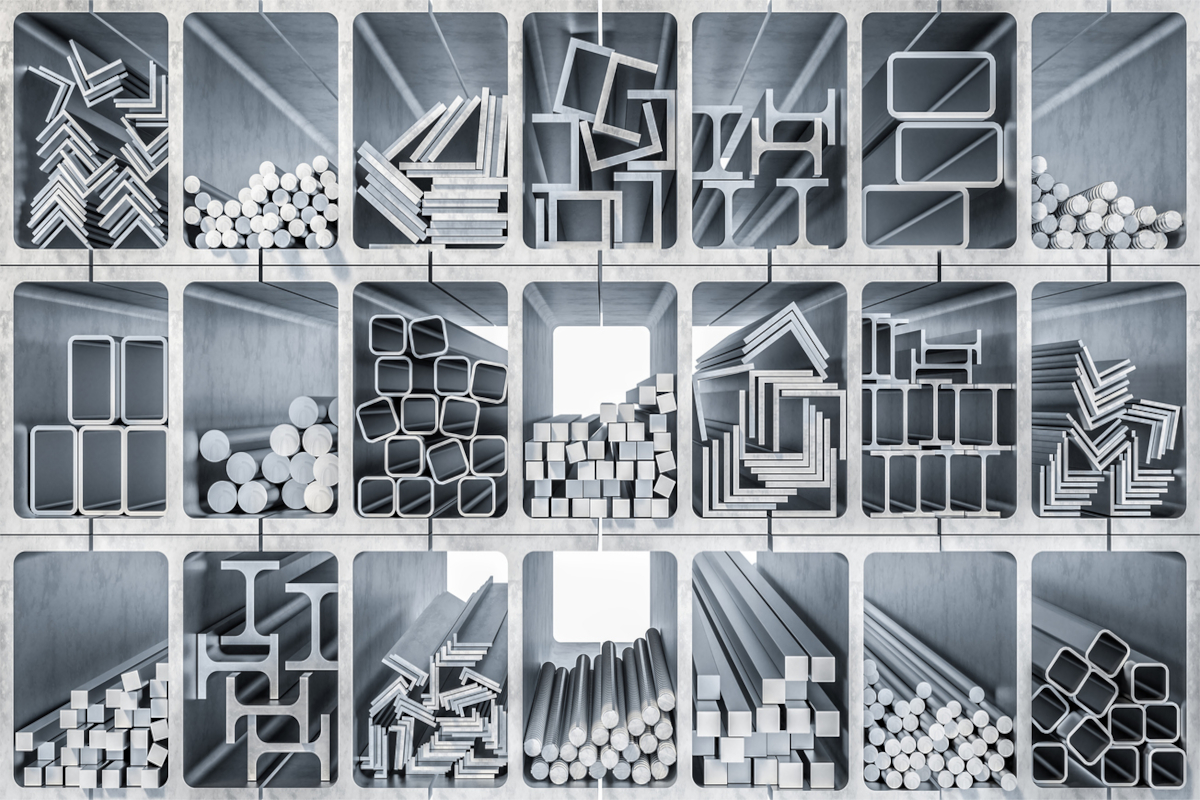Industry representatives call on EU to more investment in raw materials processing to make energy transition a success.
Major representatives of the metals industry urge the European Union to increase investment in the processing of critical minerals. Without significant volumes of raw materials such as nickel, copper, lithium, graphite, and rare earths, the transition to environmentally friendly technologies would be impossible, according to a letter (PDF) by industry association Eurometaux to EU Commission President Ursula von der Leyen published Thursday.
Europe needs to secure its place in the entire green value chain from raw material extraction to recycling, the signatories say, including industry heavyweights such as Rio Tinto, Albemarle, LKAB, Li-Cycle, and Solvay. They see midstream processing as a “particularly worrying gap”. Currently, China dominates this sector. While the USA is catching up fast with its subsidy package under the Inflation Reduction Act, Europe’s investment climate has deteriorated further as a result of the ongoing war in Ukraine, the letter continues.
The EU is attempting to take countermeasures through the industrial policy package Net Zero Industry Act and the Critical Raw Materials Act, the planned law on the supply of critical minerals. A new Strategic Technologies for Europe Platform (STEP) is also currently being developed. However, according to the metals industry, the latter is not sufficiently aimed at supporting Europe’s critical minerals value chain.
In the run-up to von der Leyen’s speech on September 13, in which the EU plans for the coming year will be presented, the industry representatives are therefore calling for “sufficient and dedicated funding” at the EU level, notably via the European Innovation Fund. According to the letter, the EU’s Hydrogen Bank, which is intended to compensate for cost differences between green hydrogen and fossil fuels, could serve as a model. In addition, it calls for the establishment of a European Critical Minerals Fund.
Last year, a study commissioned by Eurometaux already predicted global raw material shortages from 2030, when Europe could need 35 times more lithium than today and up to 26 times more rare earths to meet its climate targets.
Photo: iStock/tiero


